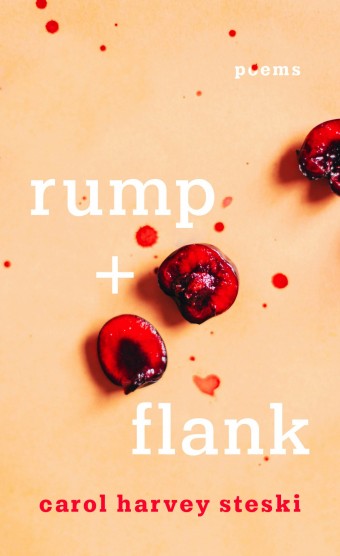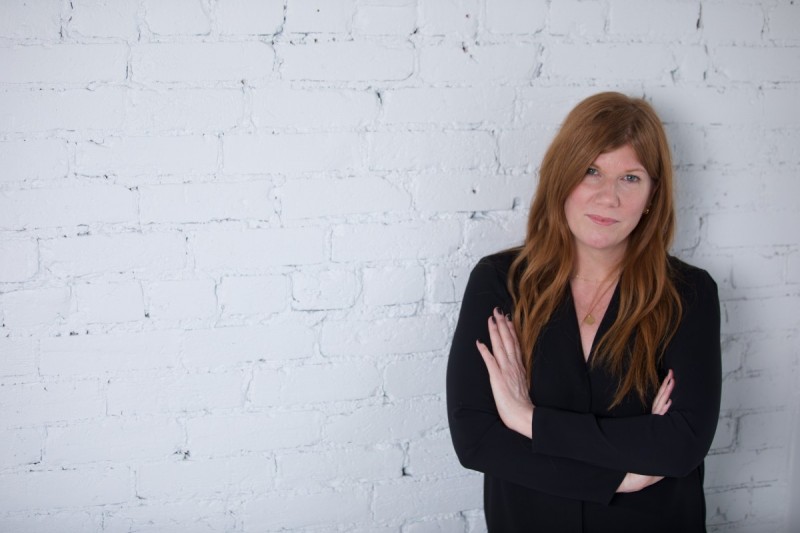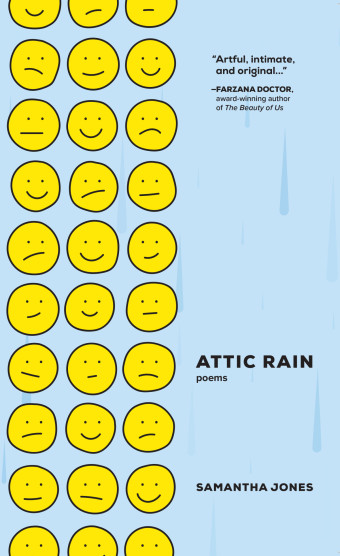Carol Harvey Steski’s debut collection of poetry, rump + flank, was a long time in the making.
“I want people to know that this book has been in the works for a quarter of a century, so emerging writers: don’t give up!!” says the Toronto-based writer, who works in corporate communications.

- rump + flank
- Carol Harvey Steski
- NeWest Press
- $19.95 Paperback, 96 pages
- ISBN: 978-17-74390-28-3
“Actually, I did take a hiatus from writing poetry for about 10 years in that time as I was dealing with medical challenges, then busy after my daughter was born. I would later mine those medical traumas when I was ready to return to writing. The journey of this book has been an exercise in steady persistence, a careful balancing.”
Steski’s list of mentors tells you a lot about her life. While living in Winnipeg, Steski worked with Patrick Friesen as a part of the Creative Communications program at Red River College and through the Manitoba Writers’ Guild. After moving to Toronto, Steski attended the Humber School for Writers and worked with Karen Connelly.
As you might expect from the title, this collection is grounded in the body.
“rump + flank is ultimately about resiliency and survival,” Steski says. “It’s framed around bodies – bodies at different stages of life; bodies in service to others; bodies under fire; bodies that hold secrets. And what happens to them, those universal experiences: pleasure, pain, illness, trauma, boredom, judgment, betrayal, how bodies respond and carry on.”
But Steski isn’t only interested in human bodies.
“The definition of the body is broad, extending beyond humans/animals/plants to masses of matter like clouds, lakes, and chemical elements,” she notes.
While that may sound like heavy material, the fresh and visceral imagery of poems like “pitting cherries,” “mammatus clouds,” and “pumpkin farm” provide a startling dark humour.
Though this is her first book, the time it took her to compile the manuscript meant that Steski was able to approach these themes with maturity and flexibility.

“There is, I’ve come to realize, a natural cadence to my creative cycle, and writing poetry while immersed in a deep emotional or health struggle is almost impossible,” she says. “I marvel at writers who can. I need sufficient distance and time for productive brooding – my body is in ‘record mode’ during these times, so at least work is still happening at the subconscious level.”
Steski has learned to trust her body and mind.
“Using a different part of the brain than where words live is also crucial to my process,” she says. “I work full-time in corporate communications, constantly manipulating language, so periodically allowing a non-verbal creative force to take over and give my verbal brain a break has been useful.”
She says her most productive period was probably while she was in the Humber School for Writers program where she enrolled in guitar lessons and tinkered with oil painting.
“And when I’m ready to write, I need space and great swaths of time alone (and music, which fuels me). So I move at my own pace, trying to manage all the things as they come.”













